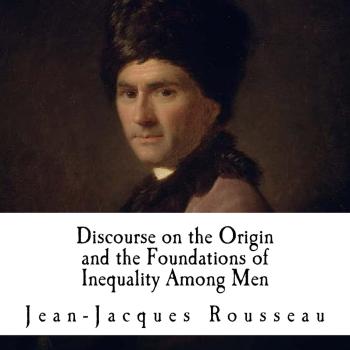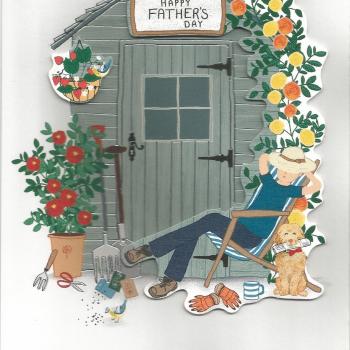For all its collectivist spirit, It's A Wonderful Life is not without its flaws. Capra was naïve to think a people's capitalism could endure solely on citizens' commitment to the Golden Rule. Without a people's government, a people's capitalism seems inconceivable. Capra also looked too optimistically at suburbia as a location where his core values could prosper, and off the mark in assuming "Bailey Park" would protect Americans from the Henry Potters of the world. Suburbia has proven to be quite accessible to the corrosive influences of corporate interests. The post World War II suburbanization of the working class eroded much of what remained of community values. With its porchless houses, lack of significant social space, suburbia fostered not community, but runaway consumerism. Such an existence made it easy for Americans to turn inward and ignore all but self. Instead of community identity flowing smoothly from the interaction of people and personalities, as in Bedford Falls, suburbia took on the identity imposed from without, enveloping all under the now familiar signs of the Wal-Marts, Starbucks, Best Buys, and Costcos. So complete is the corporate takeover of the culture, teachers of our time can either identify their students either by name or corporate logos.
Finally, Capra's ideal America is sexist and racist to a degree. From all indications, he had a hard time envisioning women outside the role of housewife. After all, Mary, a college graduate, only finds fulfillment in "turning a house into a home" and being "on the nest." Likewise, Capra showed no indication he could perceive blacks in roles outside the servant class. Annie, the Baileys' maid, makes a number of references to her desire for a husband and family, but we can't like her chances. She is the only black in Bedford Falls, and, for all the warmth and comfort found in the Bailey home, I'm not sure even they are ready to accept interracial marriage.
Capra's critique of big money capitalists is all but lost in today's mainstream culture. Instead of people's heroes, our culture displays a steady menu of the "greed is good" ethos of ABC's John Stossel, the Social Darwinism of "Survivor," and the mean-spirited, though now somewhat blemished conservatism, of Rush Limbaugh and Bill "one armed bandit" Bennett.
America seems to have lost its stomach for a sustained critique of the rampant pursuit of personal wealth over civic responsibility. This is as much so politically as culturally. The few prominent George and Mary Baileys of today (Ralph Nader, Arianna Huffington, Dennis Kucinich, et. al.) are relegated to the margins, while the attitudes of an early 20th-century Republican -- who once called the rich and wellborn "malefactors of great wealth" -- are as passé as Frank Capra. So too the words of Eugene V. Debs, who insisted that "money constitutes no proper basis for civilization." All of the above makes the enduring popularity of It's A Wonderful Life something of a curiosity and at the same time a ray of hope. In any case, I know what I want from Santa Claus this Christmas. I want Capra's civic mindedness, and critique of the rich and wellborn worked back into the fabric of the culture. Perhaps then we can revitalize our struggle for all to have a wonderful life.
This article was previously published at History News Network and is reprinted with permission.
Mr. Nobile is Professor of History, Chaffey College.




